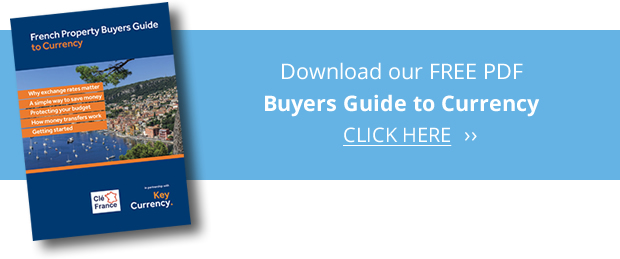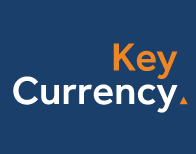Need to Send Money Abroad?
At Clé France, many of our customers have a need for currency exchange.
We are pleased to have partnered with Key Currency to offer our customers favourable exchange rates on international currency transfers.
Key Currency is an award-winning currency exchange specialist, Key Currency Limited is authorised and regulated by the Financial Conduct Authority as an Authorised Payment Institution (Financial Services Register No. 753989) and experienced in executing high-volume transactions.
As a Clé France client, you qualify for preferential exchange rates when you transact through Key Currency.
Save money on your foreign currency transfers
Key Currency can save you money by offering more competitive rates of exchange than retail banks.
Clients can typically save you 3-4% of the total transaction value, which can result in significant cost savings.
All client funds are held in segregated accounts with top-tier banks keeping your money safe and secure.

Contact Geoff or James direct to discuss your currency needs using the form below.
Enquiry Form - Currency Information
-
First Name: (*)
-
Last Name: (*)
-
E-mail: (*)
-
Phone number: (*)
-
Mailing List:
Subscribe
(You will be able to unsubscribe at any point)
-
Message: (*)
-
-

Refresh
-
Cle France are there to help you find the best selection of French property for sale and Key Currency are there to save you time, money and hassle; making sure your money is in the right place, at the right time and keeping you informed along the way.
The best service is one that comes highly recommended, that is why you should use the services of Key Currency.
Benefits of using Key Currency:
- Great exchange rates
- Quick and easy transfers
- No transfer fees
- Expert help and guidance
- Authorised by the FCA

Alternatively, you can contact Key Currency over the phone or visit their website.
0044 (0) 1872 487 500
Quote 'Clé France' for the best rate
www.keycurrency.co.uk
UK Office: St. Piran House, Truro Technology Park, Truro TR1 2XN

For everything you need to know about French property for sale visit www.clefrance.co.uk